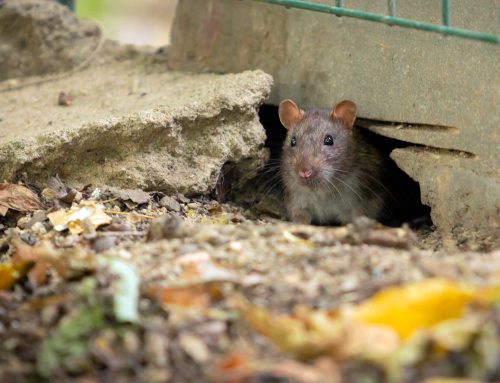Ant hills, those small mounds of soil that seem to appear out of nowhere in our yards and gardens, can be quite the nuisance. Not only do they spoil the pristine appearance of our outdoor spaces, but they can also be home to colonies of pesky ants that may venture indoors looking for food. Understanding how to get rid of ant hills effectively is essential for maintaining a pest-free and visually appealing landscape. In this article, we will delve into the various methods to eradicate ant hills, explore the types of ants that create these mounds, and discover ways to prevent future ant hills from forming.
What Is an Ant Hill?
An ant hill, also known as an ant mound, is a small conical or dome-shaped structure made of soil and debris. These mounds serve as the entrance to an ant colony, providing protection and ventilation for the underground nest.
What Types of Ants Make Ant Hills?
Several ant species are known for creating ant hills, with the most common being the pavement ant, the fire ant, and the thatching ant. Pavement ants, as their name suggests, often construct their nests beneath pavement or rocks. Fire ants build distinctive mounds that can be quite large and are known for their painful stings. Thatching ants create large, thatch-like mounds using pine needles or other materials.
Why Am I Getting So Many Ant Hills?
Ant hills often appear in yards and gardens due to the presence of food sources and favorable nesting conditions. If your outdoor space provides easy access to food scraps or sweet substances like sugar, ants are more likely to establish colonies nearby. Additionally, moist soil and debris can attract ants looking for suitable nesting sites.
How to Get Rid of Ant Hills
What Is the Fastest Way to Kill an Ant Hill?
To quickly get rid of an ant hill, you can use a variety of methods. One effective way is to pour boiling water directly onto the mound, which will kill the ants on contact. Alternatively, using an ant bait that contains slow-acting insecticides can allow the ants to carry the poison back to the nest, effectively eliminating the colony.
Easy Ways to Repel Ants
Repelling ants from your property can be achieved through simple and natural methods. Sprinkling cinnamon, vinegar, or black pepper near ant trails and potential entry points can deter ants from entering your home. Planting aromatic herbs like mint, lavender, or rosemary around the garden can also help keep ants at bay.
Ants have natural predators that can help control their populations. Birds, especially species like woodpeckers and nuthatches, feed on ants. In addition, some insects, such as ladybugs and spiders, prey on ants.
How Can I Prevent Future Ant Hills from Forming?
Preventing future ant hills involves addressing the factors that attract ants to your property. Keep your outdoor space tidy and free of food debris, and seal any potential entry points to your home. Regularly inspect your garden for ant activity and take prompt action if you notice any signs of new ant colonies.
If you’re facing persistent ant hills in your yard and need expert assistance in effectively eliminating these pesky invaders, our professional landscaping company is here to help. Our team of experienced pest control specialists and landscapers can provide comprehensive solutions to keep your outdoor space free from ant hills and their colonies. Don’t let ants take over your beautiful landscape; take action today! Contact us to schedule a consultation and let our experts devise a tailored plan to rid your yard of these unwanted guests. With our landscaping services, you can enjoy a pest-free and stunning outdoor space that you and your family can cherish for years to come. Say goodbye to ant hills and hello to a thriving and inviting landscape with our expert assistance.





